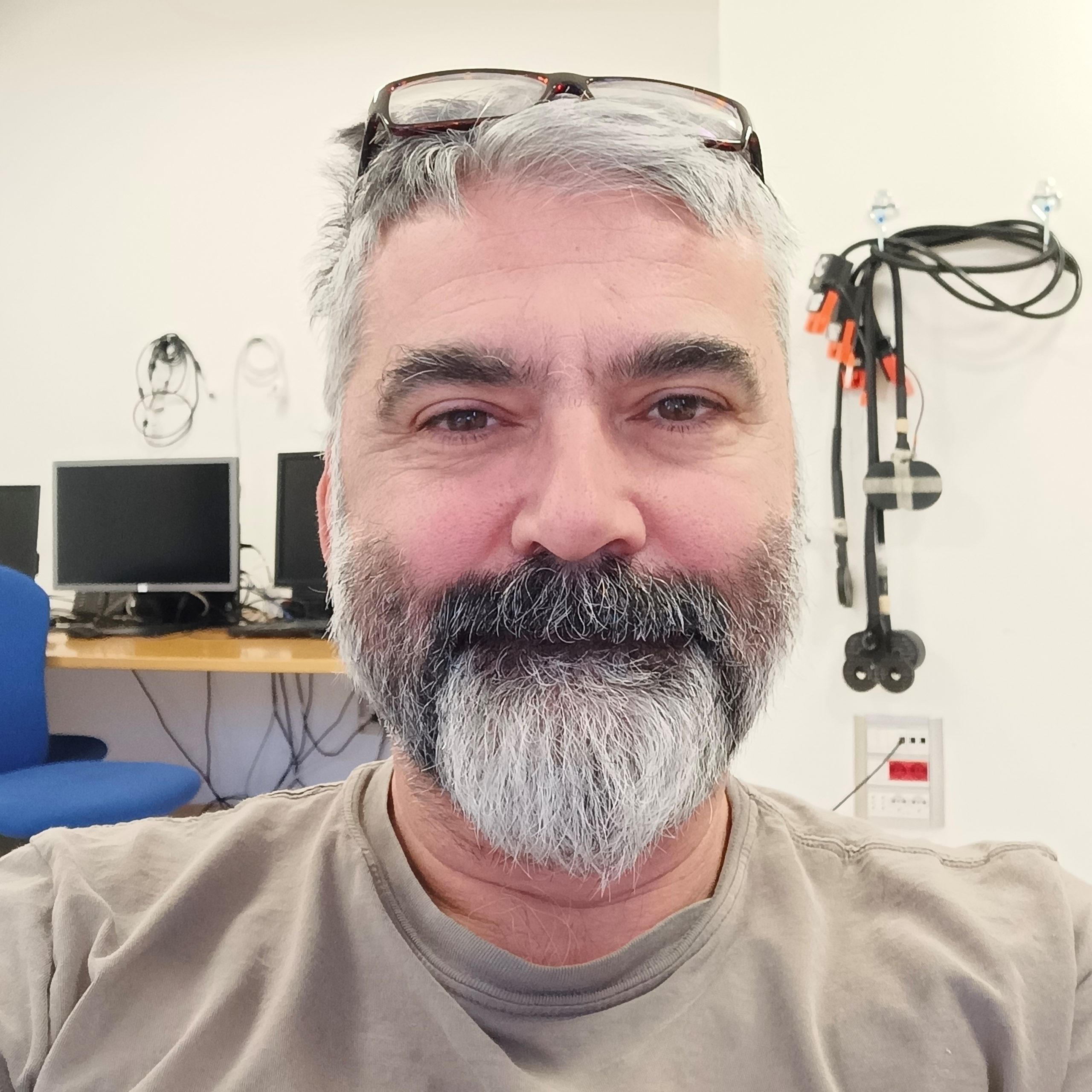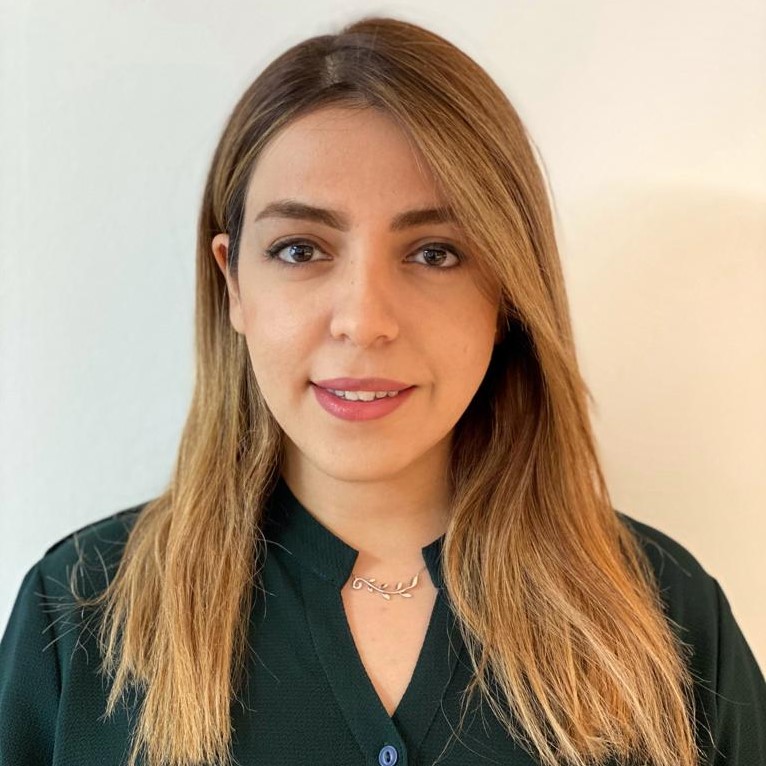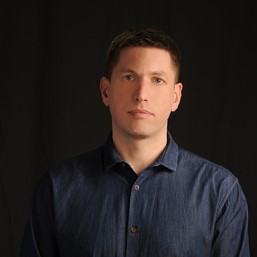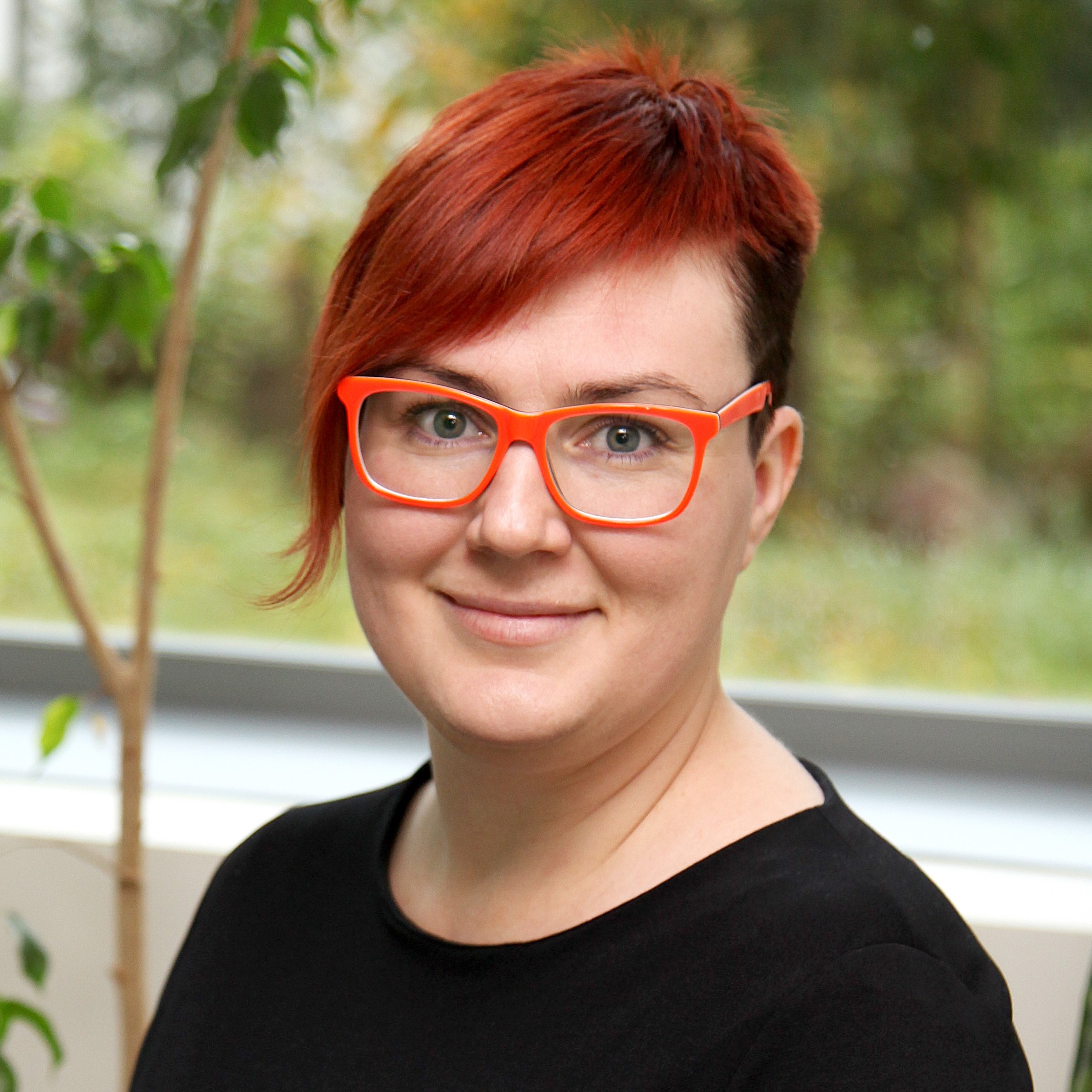Bootcamp is a small-group mentorship program for early-stage researchers. In this context, the early-stage researcher (ESR) is any researcher who has not yet obtained a PhD degree, including master students, PhD students, medical students (graduates, and undergraduates) etc. The program is designed to develop ESRs’ skills and collaboration networks, as well as to provide them with research experience and mentorship support. Each bootcamp will bring together a small group of ESRs to work together on a joint research project under the guidance of an experienced mentor (or mentors). The working language of each group will be English. The objective of the program is to allow the ESRs to reach tangible scientific results (i.e., joint papers); to enhance their professional and soft skills through peer-learning and support; to tighten the bonds via periodic meetups, thus setting the ground for the next generation of multidisciplinary international teams of NIBS researchers.
Mentors have submitted their small-scale project applications, which have then been evaluated for relevance and feasibility. The supported projects are published and the call for ESRs to apply is now open. Each ESR submits the application to join one or more projects. The applications are evaluated for eligibility, motivation statement, skills, and topic fit. The selected ESRs are then called for a short online interview with potential mentors. Finally, ESRs are matched with mentors & topics and small groups (3-5 ESRs) are created to work on the project. The mentors will then organize the work of the ESRs to achieve the objectives set up by the project proposal. The program aims to fully develop research projects and carry them out within 1 year for the eventual scientific publication, meanwhile providing opportunities for professional and scientific development.
Announcement of the topics and call for ESRs open
24 February 2023
Application deadline for ESRs
17 March 2023
Interviews, selection, and teams established
April 2023
Work on the project (finetuning study design, methods, preregistration (optional), data collection/data analysis/interpreting findings), including secondments or research visits to partner institutions, regular online meetups
Drafting the manuscript and dissemination activities (e.g., conferences)
April 2023 – October 2024
*each topic has its own timeline within this time-frame
The call is open to any ESR, currently working or preparing for a scientific carrier in the field of human neuroscience. This can be your first experience in human neuroscience research, or it can be an opportunity to advance some aspect of your knowledge during your PhD or MSc studies. The call is best suited for ESR who already have some experience in non-invasive brain stimulation (NIBS), or related techniques (e.g., MRI, EEG). However, prior experience with these techniques is not mandatory (see specific eligibility criteria for each of the topics and learning opportunities within each topic). The applications from students of medicine, sports sciences, rehabilitation, psychology, engineering, physics, and data science, as well as students in the related fields, will all be considered equally. There are no restrictions in terms of age, gender, nationality, or geographical region. We specifically encourage and welcome applications from women and underrepresented groups.
There are 5 topics that you can choose from. All topics are in the field of human neuroscience and are aimed to rump up your skills and knowledge for future neuroscience research with a special emphasis on NIBS. Please note that each topic offers something different, but they are all designed to engage a group of ESRs in all stages of publishing a scientific paper (from the conception and initial literature review to the manuscript submission). You may apply for one or more Topics depending on your preferences.

Transcranial static magnetic stimulation (tSMS): registered report on replication of the effects of neuronavigated tSMS on corticospinal excitability

Systematic review: Sources of variability in studies using non-invasive brain stimulation to induce corticomotor plasticity

Pseudo-online tracking of EEG oscillations during sensory discrimination tasks, for closed-loop NIBS applications

Transcranial electrical stimulation effects on 40Hz auditory steady-state response

Non-invasive brain stimulation and eating behaviours: State of the art and in-depth exploration of outcome measures
Participation in the project will allow you to gain international collaboration research experience, help you develop research and soft skills, and provide you with a tangible scientific outcome in terms of authorship on joint publication. By joining the bootcamp you become a part of the TWINNIBS community – this means you will receive a newsletter, training opportunities including workshops and summer schools, meetings etc. Upon completion, all participants will be issued a certificate of participation, as well as an evaluation letter which can be used as a recommendation/reference. For more specific gains and benefits offered by each topic see the Topic description.
Each ESR involved in the project is expected to:
A post-PhD researcher (including, but not limited to postdoc, research fellows, and professors of all levels) with a good publishing record in the human neuroscience or related field. The mentors are affiliated with one of the TWINNIBS scientific partner institutions: University of Belgrade (Serbia), University of Trento (Italy), and University of Copenhagen (Denmark). They are responsible for:
There are no fees to take part in the TWINNIBS bootcamp. Your participation is therefore free, and you may receive a funding support for travel if the project activities require physical presence at the location other than your place of residence. All costs other costs including mentorship/supervision, study materials and consumables, publishing fees and administrative costs are covered by TWINNIBS project. The project is funded under the HORIZON Europe call HORIZON-WIDERA-2021-ACCESS-02, as a HORIZON Collaboration and Support Action under the title “Twinning for excellence in non-invasive brain stimulation in Western Balkans” (project no 101059369).
You can apply for TWINNIBS bootcamp by submitting your Bootcamp application via email to Jovana Bjekić (jovana.bjekic@imi.bg.ac.rs) and Saša Filipovic (sasa.filipovic@imi.bg.ac.rs) no later than 17 March 2023.
The subject of your email should be TWINNIBS bootcamp application, and the application file should be in .docx or .pdf format and named Surname_ TWINNIBS bootcamp application. There is no need to submit any other documents such as CV or Research statement.
Please note that the application is a part of a collaborative process. When you submit the application, it will be first reviewed by the Project coordinators and Topic mentors. You will receive the notification about the eligibility within two week, and selected candidates will be called for short online interview. The details of the application will be treated as confidential. If you have any questions regarding the application or eligibility, feel free to contact dr Jovana Bjekić (jovana.bjekic@imi.bg.ac.rs). If you have specific questions about the topic, feel free to contact the Topic mentor.
You can download the Bootcamp application from here
The bootcamp applications are now closed and the teams have been formed. We received numerous highly competitive applications from Early-Stage Researchers (ESRs) all around the world. We would like to thank everyone for their time and effort put into preparing their submissions.
The final Bootcamp teams for each topic are:
Topic 1 (Transcranial static magnetic stimulation (tSMS)): registered report on replication of the effects of neuronavigated tSMS on corticospinal excitability:
Milica Manojlović
Bojana Đukić
Cecilia Gabelli
Topic 2 (Systematic review: Sources of variability in studies using non-invasive brain stimulation to induce corticomotor plasticity):
Nora Raaf
Uroš Konstantinović
Marcos Uceta
Dunja Paunović
Topic 3 (Pseudo-online tracking of EEG oscillations during sensory discrimination tasks, for closed-loop NIBS applications):
Can Ozger
Atefe Hassani
Sybren Van Hoornweder
Sara Askarikhomami
Marija Stevanovic Karic
Topic 4 (Transcranial electrical stimulation effects on 40Hz auditory steady-state response):
Smilja Stokanović
Aurimas Mockevičius
Ignacio Taguas
Xiaojuan Wang
Anna Leśniewska
Topic 5 (Non-invasive brain stimulation and eating behaviours: State of the art and in-depth exploration of outcome measures):
Marija Stanković
Katarina Solita Puskas
Dilara Beyza Önel
Alberto del Cerro León
The TWINNBIS Bootcamp program includes 21 ESRs (14 female) with diverse backgrounds including computational neuroscience, engineering, psychology, rehabilitation, neurobiology, medicine, etc.

TWINNIBS project is funded under the HORIZON Europe call HORIZON-WIDERA-2021-ACCESS-02, as a HORIZON Collaboration and Support Action

“Twinning for excellence in non-invasive brain stimulation in Western Balkans” (project no 101059369)